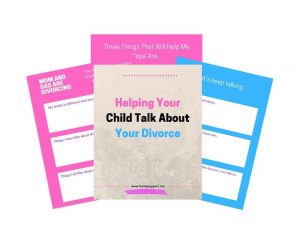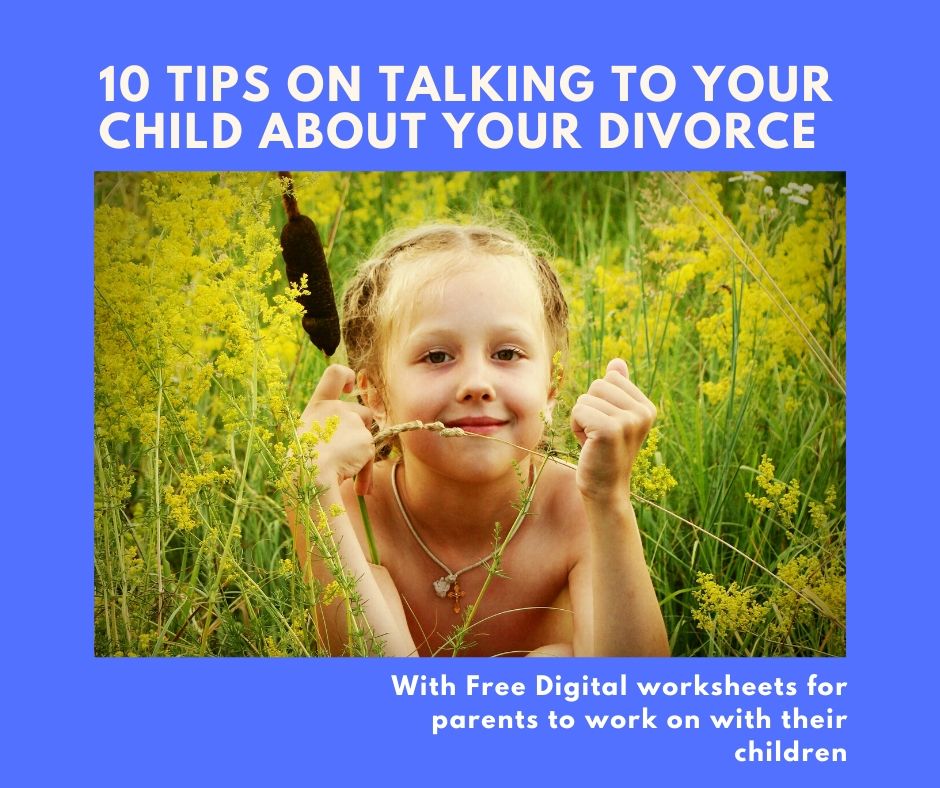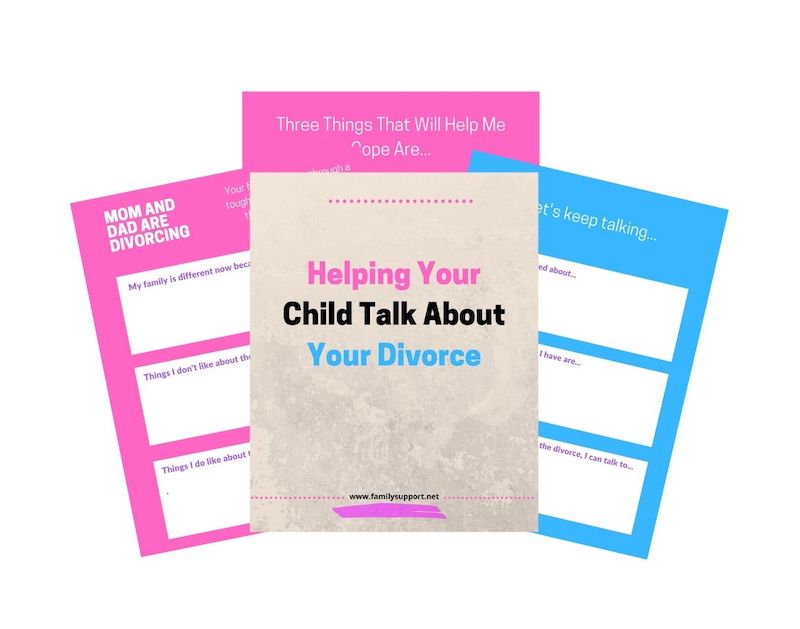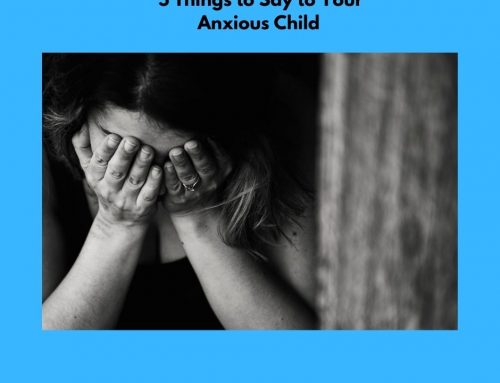When a child’s parents break up, it can be a very confusing time for them. To make the transition easier, it’s important that parents are taught how to prepare their children for parental separation, what to expect from them (i.e. possible physical and emotional reactions) and how to protect them from parental conflict.
A family experiencing separation and/or divorce enters a process that involves a vast array of feelings ranging from anger, to sadness, to guilt, to anxiety. These emotions are felt by everyone and unless addressed, can leave lasting scars.
Once a couple makes the difficult decision to separate, it is imperative for them to recognize that their children’s fundamental need for security, remains the same as during the time that the parents were married. Kids need to feel that their parents will still provide them with emotional and physical security. In order for a child to feel secure, their parents must demonstrate that they are fully competent to cope with and get through the changes that come with separation and divorce.
One of the first things parents must consider is how they are going to break the news to their children. It’s best if they can agree on the best time and way to deliver the news and they should also be prepared on what to expect from their children according to their different ages and developmental stages.
What to tell your child- and how:
- Don’t leave your child in the dark about what is happening. Fear of the unknown is far more difficult for a child than the actual reality. Tell him/her as much of the truth as they are able to deal with and answer any questions they may have, as simply and honestly as you can. It helps if you can have the cooperation of your former partner when you tell your child about the marriage breakdown.
- Whatever you think about your former partner and their behavior, before and after the marriage breakdown, avoid the temptation to criticize or insult them when discussing them with your child. Remember, it’s your child’s other parent you are talking about. If you question their love and loyalty toward the other parent, then your child could end up resenting you.
- Don’t confuse your child by sending out contradictory signals about how you are feeling with regards to the situation. Make sure that what you say matches up to how you say it. For example, if you’re upset and your child asks “why?” don’t say “nothing.” This will only confuse and upset the child. Don’t give too much or unnecessary information, but be honest. It’s okay to say that you’re feeling sad.
- No matter who contributed the most to the breakdown of your marriage, try not to dwell on feelings of anger, guilt or revenge. Put the past behind you and concentrate on building a new and better life for yourself and your child.
- Remember the best parts of your marriage and share them with your child. The past couldn’t have been all bad and it’s important that your child knows the good times.
- Don’t demand loyalty from your child to the point of excluding the other parent from the child’s thoughts and life. If you ask your child to choose between you and your ex partner, they may reject you both.
- Even if you know that there is no chance of reconciliation with your former partner, don’t expect your child to accept the finality of your separation/divorce as soon as you do. Children often hide a secret hope that their parents will get back together.
- Work on establishing a new relationship with your former partner. Anger between parents will be far more harmful to the child than the actual separation/divorce.
- Do not label your single-parent home a “broken” home. The word broken implies that it is an imperfect, deficient, wrong kind of home which communicates to children that there is something bad about them since they live in such a home. Call it a “readjusted” home instead, one that allows for ongoing, loving relationships between the children and your ex-spouse, even though your ex-spouse is no longer living with you. In Robert Frost’s words, home is “the place where, when you have to go there, they have to take you in.”
- Recognize that your children’s fundamental need for security after a divorce remains the same, or is greater, than it was during the time you were married. Your children, above else, need to feel that mom and dad will always provide them with the emotional and physical security they need in order to develop into confident, well adjusted adults. Their security does not depend on your income or the place you live, but on whether or not you and your ex-spouse are able to demonstrate by your behavior in the divorce, that both of you are fully competent to cope with and get through the changes that come with separation and divorce.
Children are often the forgotten victims in a separation/divorce. When parents make the difficult decision to separate, it’s a loss. A loss that is felt by all members of the family and a loss that is grieved. However, with the right amount of sensitivity, compassion and patience on the part of parents and others in the community, children should be able to overcome and deal with their feelings and emotions.
Free Worksheets to help your child work through their worries

Communication is so important in any relationship. Making sure kids feel like they can express themselves and be honest with their parent’s about how they are feeling, will go a long way to helping them cope with a family change such as a divorce.
I thought it would be great to include some worksheets that you could print off at home. These worksheets will help children explore how they are feeling, what their thoughts are and will encourage them to make a plan on how they will cope with their new reality.










